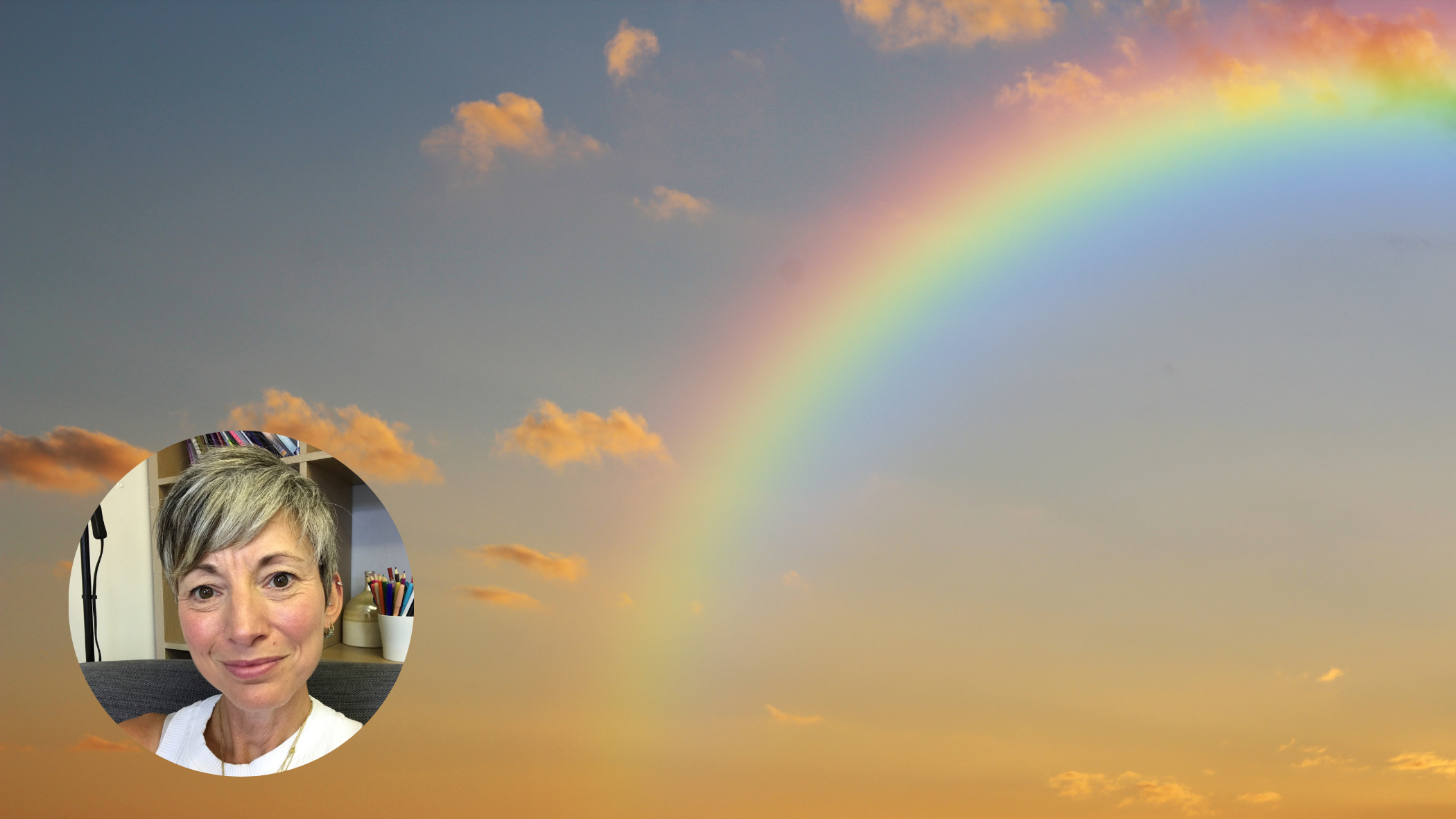Autism Pride Day 2023
By Natalie McIvor, Counsellor at The Eaves
This annual event was first celebrated by the Aspies for Freedom organisation in 2005, to raise awareness for those not on the autism spectrum and it was modelled on the gay pride movement.
The main difference is that it is not run by charities but by autistic people themselves. It is dedicated to promoting acceptance, challenging stereotypes and stigmas, fostering pride among autistic individuals and educating society around the importance of inclusion. According to the National Autistic Society It is estimated that one in 100 people are autistic, more than 700,000 people in the UK.
Like autism, gender identity and sexual orientation exist on a spectrum. Research suggests that gender identity and sexuality can be more varied in autistic people. One of the reasons for this co-occurrence may be that autistic people are less tied to societal expectations and more open about expressing who they are. Being autistic does not change any LGBT+ identity.
I recently spoke with a parent of a young person in the LGBT+ community and the thing that they observed their child struggling with the most is finding their tribe at school. Their experience has been that schools still want young people to fit into boy/girl category proving challenging for a non-binary young person. Also, they found that teachers found pronouns tricky, with some assumptions being ‘they are going through a phase’. Whilst we must acknowledge that cis males and females face struggles too, they have the safety of numbers. This experience often leaves autistic LGBTQ+ people feeling isolated and with no peer group for support and mentoring. Recent research suggests that 80% of autistic people experience isolation in society.
Some people describe their autism as a barrier to enjoying a normal social life because of the difficulties with social communication around nuances and anxiety related to people and situations. If this is the case then all the wonderful Pride events such as festivals, club nights and various large gatherings may be prohibitive for an autistic person. However, there are alternative ways of celebrating emerging such as online events that don’t involve loud music, crowds, lots of people and brightness, all of which can be overwhelming and exhausting. Many find accessing the Parade Safe Space on the Pride marches makes a huge difference, this area is quieter and there are trained access volunteers who are there to assist.
The intersectionality of being autistic and a member of the LGBT+ community means that you will experience the world different to other people. It is important to have a good understanding of your own identity and be proud of what makes you ‘you’. Talk therapy can be a helpful way of exploring how you feel about these identities, helping to work through confusing and overwhelming feelings. Exploring this with someone who respects and listens and is able to signpost to organisations and events can be an important part of an autistic person’s integration into the LGBT+ community and their sense of identity.
The National Autistic Society aims to transform lives and change attitudes to help create a society that works for autistic people – www.autism.org.uk
Pride in Surrey is a non-profit community organisation with a mission to celebrate, educate and connect the LGBT+ community and allies across Surrey and surrounding counties – www.prideinsurrey.org
Pride in London is a vibrant and dynamic organisation that aims promote greater inclusivity and acceptance for the LGBT+ community via the many events that take place throughout the year – www.prideinlondon.org
Ambitious about Autism is a charity that stands with autistic children and young people championing their rights and creating opportunities – www.ambitiousaboutautism.org.uk
The Eaves
We have highly trained Counsellors, Psychologists and Psychotherapists available across Surrey in Guildford, Godalming, Haslemere and Farnham. Support is available to individuals of all ages, Monday to Saturday between 9am and 9pm.
To read more about Natalie McIvor, or to enquire about her lastest availability, please see her full profile here

